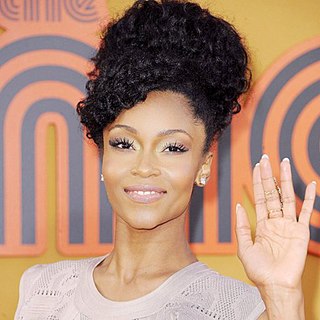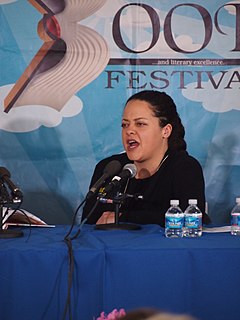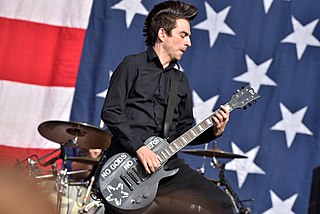A Quote by Lucy McBath
I grew up in Illinois in an environment where my parents were very politically active in the civil rights movement.
Related Quotes
My grandmother was also an active member of the tenants association and a staunch supporter of the Democratic Party, and both of my parents were extremely liberal, so I think I grew up in a household that was very politically conscious - we all watched the elections on TV, and we watched the debates. So it was an awareness that we were raised with, and as we grew into young adults, we just naturally became politically active. It was just understood that it was important, that it was our responsibility.
In less than a century we experienced great movement. The youth movement! The labor movement! The civil rights movement! The peace movement! The solidarity movement! The women's movement! The disability movement! The disarmament movement! The gay rights movement! The environmental movement! Movement! Transformation! Is there any reason to believe we are done?
For many years now, I have been an outspoken supporter of civil and human rights for gay and lesbian people. Gays and lesbians stood up for civil rights in Montgomery, Selma, in Albany, Ga. and St. Augustine, Fla., and many other campaigns of the Civil Rights Movement. Many of these courageous men and women were fighting for my freedom at a time when they could find few voices for their own, and I salute their contributions.
Blacks have experienced a history of victimization in America, beginning obviously in slavery and then another 100 years of segregation. I grew up in segregation. I know very well what it was about and all of the difficulties it placed on black life, and how we were truly held down before the civil-rights movement.

































